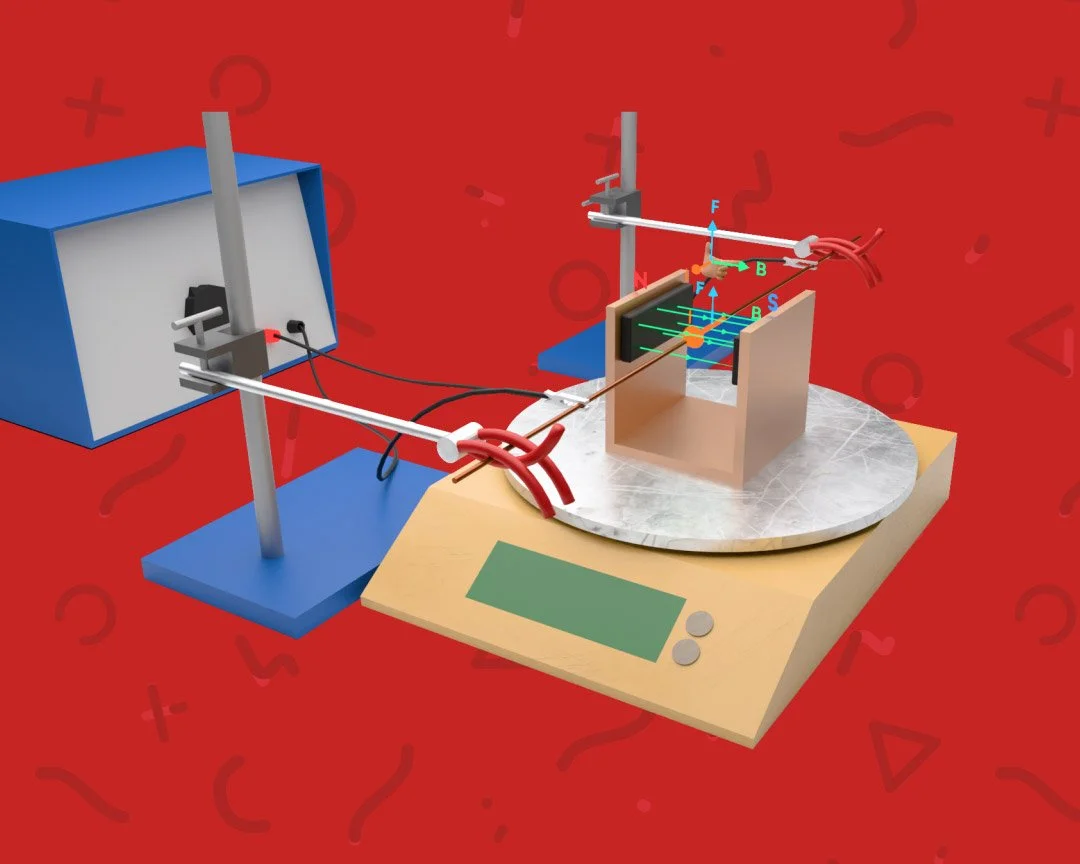A Guide to Memorisation Techniques for GCSE Physics Formulas
Memorising GCSE Physics formulas is a fundamental part of your exam preparation. These formulas are the building blocks for solving problems and demonstrating your understanding of key concepts. In this guide, we'll explore memorisation techniques designed to help you retain and recall GCSE Physics formulas.
Understand the Meaning Behind Formulas
Before you start memorising a formula, make sure you fully understand what each variable represents and the physical relationship it describes. This comprehension forms a strong foundation, making it easier to memorise and recall when needed.
Create Mnemonics or Acronyms
Mnemonics are memory aids that use patterns, abbreviations, or associations to help you remember information. Come up with a catchy phrase or acronym using the first letter of each variable in the formula. The more creative, the better—it’ll stick in your memory more easily!
Use Flashcards for Active Recall
Create flashcards with the formula on one side and the variables and their meanings on the other. Regularly test yourself to strengthen your memory through active recall. This technique helps reinforce what you've learned and keeps the formulas fresh in your mind.
Apply Formulas in Practice Problems
Using the formulas to solve a variety of problems helps you cement your knowledge. The more you apply these formulas in different contexts, the more familiar they become, making it easier to remember them during exams.
Write Formulas Out by Hand
Writing out formulas by hand can engage multiple senses, making the memorisation process more effective. This hands-on approach not only helps with retention but also reinforces your understanding as you write.
Visualise the Formula in Context
Visualising real-world scenarios where the formula would be used can establish a clear connection between the formula and its practical application. By mentally associating a formula with a specific situation, you create stronger memory links.
Group Formulas by Theme or Concept
Grouping related formulas together based on common themes or concepts can make them easier to remember. When you understand the relationships between these formulas, it becomes simpler to recall them as a group rather than individually.
Utilise Memory Palaces or Mind Maps
Create a mental image or mind map where each location or branch represents a specific formula. This spatial association can aid in recall, especially during high-pressure situations like exams.
Repeat and Review Regularly
Regular repetition and review are essential for long-term retention. Dedicate specific study sessions to revisiting and reinforcing the formulas. Consistent review helps transfer information from short-term to long-term memory.
Associate Formulas with Real-World Examples
Link each formula to real-world examples or situations where it is applicable. Connecting formulas to practical examples not only aids in memorisation but also enhances your understanding of their purpose and use.
Break Formulas Down Into Components
Analyse each formula by breaking it down into its individual components. Understanding the role of each variable and how they interact within the formula will help you grasp the formula’s underlying logic, making it easier to remember.
Use Mnemonic Devices for Tricky Formulas
For particularly challenging formulas, create specific mnemonic devices or memory aids to help you remember them more effectively. This could be a rhyme, a story, or a visual image that encapsulates the formula’s key elements.
Final Thoughts
Physics formulas are a key part of exam success. By applying these techniques, you’ll be well-prepared to retain and recall the formulas. Remember, regular practice and understanding go hand-in-hand when it comes to memorisation. With dedication and the right strategies, you’ll excel in your GCSE Physics exams.
With GoPhysics, you’ll be well-prepared to tackle any question that comes your way. With our animations, comprehensive video lessons, and expertly crafted resources, we help make Physics easier to understand and more enjoyable to learn. Get started for free with a sample video course—no sign up or credit card needed.





